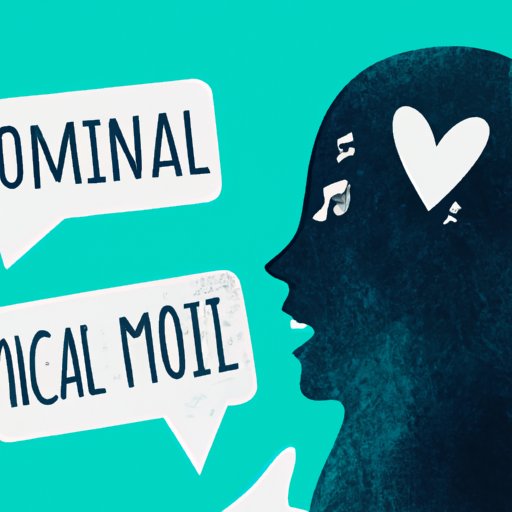How Social Media Impacts Mental Health
Social media has become an integral part of our daily lives, with millions of users scrolling through their feeds on a daily basis. While social media has its benefits, research has shown that it can have a significant impact on mental health. In this article, we will explore the dangers of comparison, the negative effects of FOMO, the positive impact of social media on mental health, addiction, sleep deprivation, and how to navigate social media with mental health in mind.
The Dangers of Comparison: How Social Media Fuels Low Self-Esteem
Social media is full of people’s highlight reels. As individuals, we can’t help but compare our lives to what we see on social media. Constant exposure to others’ seemingly perfect lives can lead to low self-esteem. When we compare ourselves to others, we may feel inadequate and unworthy.
A case study by a team at Pennsylvania State University reported that people may be more envious of photos rather than statuses, as they believe photos reflect reality to a higher degree. Therefore, it is important to keep in mind that what we see on social media is not always the full story.
To combat these feelings of inadequacy, we can focus on ourselves and our own progress. Setting personal goals, avoiding comparing ourselves to others, and being mindful of how much time we spend on social media can help improve our mental wellness.

FOMO and the Negative Effects of Social Media on Mental Health
Have you ever felt like you were missing out on something by not being on social media? FOMO (fear of missing out) is a common phenomenon that can lead to feelings of anxiety and stress. When we see others having fun, we may feel left out if we aren’t doing the same thing.
Dealing with FOMO can be difficult, but it is important to remember that it’s okay not to be doing everything that others are doing. Unplugging from social media, setting limits on social media use, and finding other activities to participate in can help combat anxiety and stress caused by FOMO.
The Positive Impact of Social Media on Mental Health
While social media can have negative effects on mental health, it can also have positive impacts. For individuals who may not have access to a strong support system, social media can provide one. Social media platforms can be beneficial for those struggling with mental health issues as they may provide a sense of community and a place to connect with others who share similar experiences.
Research has found that social media can also break down barriers to entry for mental health communities and services, allowing individuals to access information, resources, and connections with others. For example, the hashtag #mentalhealthawareness has become an integral part of the mental health community, allowing individuals to share their personal stories and offer support to others.
Social Media and Addiction: The Rise of Digital Dependence
The constant stimuli on social media can lead to addictive behaviors. We may feel compelled to check our notifications, scroll through feeds, and engage with others on a continuous basis. This need to be connected can become addictive and negatively impact mental health.
To manage social media usage, we can set limits on how much time we spend on social media and take breaks from social media altogether. Social media detoxes such as taking a week-long break from social media can help users to break addictive cycles and gain a fresh perspective.
The Link Between Social Media Use and Sleep Deprivation
Scrolling through feeds late at night can disrupt the body’s natural sleep cycle, leading to sleep deprivation. Sleep deprivation has been linked to various mental health issues such as depression, anxiety, and stress. The blue light emitted by social media also tricks the brain into thinking it’s daytime, leading to increased difficulty in falling asleep.
To manage social media usage before bed, we can set boundaries on when we stop using social media, avoid scrolling through social media past a certain time, and instead engage in relaxing activities such as reading before bed.
Navigating Social Media with Mental Health in Mind
To use social media in a healthy, productive way, it is important to set boundaries. Time limits on social media, avoiding engaging in heated discussions online, and recognizing triggers and avoiding them are important steps to protect mental health while using social media.
It is also important to recognize the benefits of taking breaks from social media. We can benefit from unplugging from social media regularly, engaging in physical activities, and spending time with loved ones in person.
Conclusion
Social media has become a significant part of our daily lives. While social media can have negative impacts on mental health, it can also provide support systems for individuals who may not have access to one in-person. To navigate social media with mental health in mind, it is important to be mindful of the risks, set boundaries, and take breaks. By doing so, we can mitigate the negative impacts of social media on our mental health while still enjoying its benefits.
